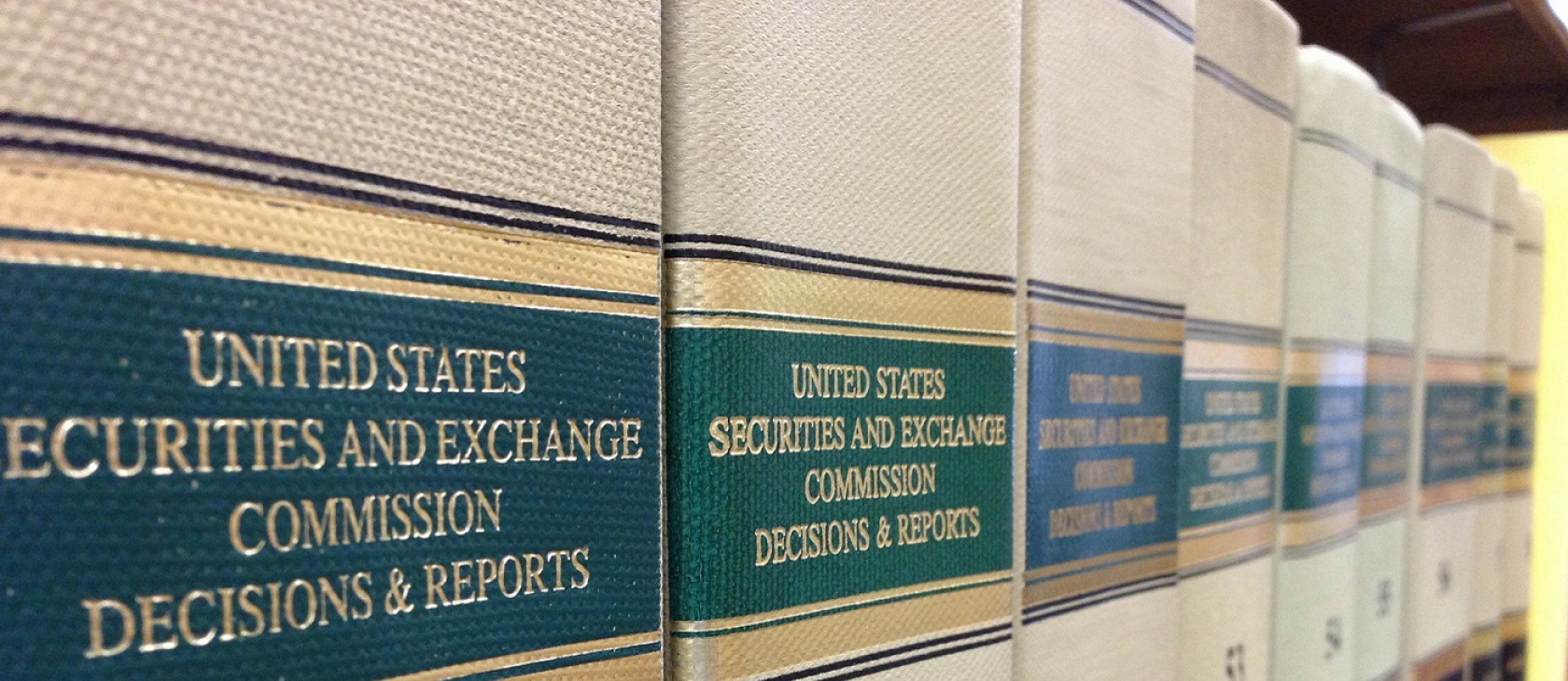There is no shortage of debate within Catholic social teaching about the extent to which markets should be regulated by the state – particularly by bureaucratic rules. Both formal teaching documents and other statements from the Vatican have stated directly, or strongly implied, that the state should regulate and restrain the economy. It is suggested that international bodies play an important role. “Unfettered” and “autonomous” markets have often been criticised. Centesimus Annus, though, emphasised an important role for civil society and market institutions (such as professions) rather than the state as primary actor in regulating economic activity. This is reiterated in the Catechism of the Catholic Church.
This is a topic that requires urgent attention as the Church’s social teaching evolves. Most governments have reached close to the peak level of government spending so that little more can be extracted from the tax base. The main way in which the state is increasing intervention in the economy is through regulation. And there have been huge increases in the extent of regulation over recent years. Recent Catholic social teaching does not seem to engage very much with the appropriate limits and sources of regulation.
Let us accept for the purpose of this discussion that regulation by the state in a particular area is a good idea. This then leads to the question of “who should do the regulating?” Should it be a parliament, a minister or president – that is the elected executive branch of government? Or should it be a regulatory bureau set up by the government for that task? Increasingly, regulation is handed down by regulatory bureaus.
The difference between regulation being passed by parliament after scrutiny by a democratic body and regulation without the scrutiny of parliament (or of anybody) is not a trivial one.
Catholic social teaching should have something to say about this. After all, teaching documents and papal statements have something to say about whether there should be regulation; whether there should be a democratically elected government; whether regulation should come from civil society of government; and whether regulation should emanate from local or central government or even some kind of global body. The difference between regulation being passed by parliament after scrutiny by a democratic body and parliament setting up a bureau which develops regulation without the scrutiny of parliament (or of anybody) is not a trivial one.
Indeed, in The Constitution of Liberty, F. A. Hayek cited the growth of administrative power as the primary threat to individual liberty.
This subject was the theme of the Reagan Lecture held by the Margaret Thatcher Centre in London, which was given by Utah Senator Mike Lee in mid-October. He talked about how, over the last 80 years, power over the citizen has moved from the legislature (Congress in the case of the United States), to the executive (the president), and to administrative bureaus or special regulatory bodies that are set up under statute and which can design regulation almost without limit. The two most-well-known such bodies in the U.S. are probably the Environmental Protection Agency and the Securities and Exchange Commission.
This was an excellent Reagan-Thatcher theme. Both were proponents of the rule of law, properly understood. Law should not be arbitrary or unaccountable. It should apply to everybody equally, and all should be able to get a fair trial in the event of some accusation of breaking the law.
Indeed, it is well known that The Constitution of Liberty influenced Mrs. Thatcher. It is reported that, on one occasion during a policy meeting, a speaker started to argue that the Conservative Party should adopt a “middle way.” Mrs. Thatcher, the then new Conservative Party leader reached into her briefcase and took out The Constitution of Liberty, saying, “This is what we believe.”
The extent of the growth of administrative bodies in regulating our lives is difficult to overestimate. They also have huge arbitrary power. To take one area of economic life, until the 1980s financial markets in the UK were regulated by a range of private regulatory bodies, such as stock exchanges. If a member broke the rules, they could be dismissed. Those who were not members of the exchange could still work in financial markets, but they would find it harder to cultivate a reputation for probity. Gradually, financial markets came to be regulated by the kind of state bureaucracies of which Hayek was so fearful – ironically, under Mrs. Thatcher.
Today, the UK Financial Conduct Authority (FCA) has the ability to determine its own burden of proof, levy fines, and prevent people from working in any area of financial markets. It has wide-ranging enforcement powers equivalent to those adjudicated in civil and criminal courts with none of the accountability or guarantee of due process that exists in proper courts. In 2015, the FCA levied nearly £1bn of fines. The statutory financial regulators, of which the FCA is just one, control every aspect of financial market conduct. They also perform their functions bureaucratically, often seeming to exist to do nothing other than write rules.
Given what we know about human nature, it is imprudent to establish regulatory bodies that can act without proper accountability.
The UK once had some of the best forms of financial regulation in the world. In 1870, Parliament passed the Insurance Companies Act. It was 18 pages long, including the statutory returns that companies had to make. It lasted 100 years, and insurance markets thrived. Contrast that with the approach to regulating financial markets that we have cultivated in the last 30 years.
In 2011, the UK financial regulator brought in regulation or issued guidance, advice, discussion documents or consultations, totalling 4.3 million words – more than five times the length of the Bible. This included a 585-page consultation on the regulation of the mortgage market, which led to a 312-page document on regulations relating to the sale of mortgages. Not only were defaults on UK mortgages not implicated in the crash, mortgage defaults have never been responsible for a serious bank failure in the UK.
U.S. readers will be familiar with this problem. Indeed, the process started earlier. Participants in financial markets often live in fear of action by the Securities and Exchange Commission (SEC). And the EPA goes way beyond the regulation of genuinely cross-state problems with which it should be dealing.
Given what we know about human nature, it is imprudent to establish regulatory bodies that can act without proper accountability to those on whose behalf they are supposed to be acting. Such bodies can be captured by those who run them, by the businesses they are trying to regulate (which often seek to create regulatory barriers to entry), or by interest groups. Self-interest does not just operate within markets.
The means by which such bodies are accountable for promoting the common good rather than private interests are indirect and tenuous in the extreme. Centuries of wisdom have taught us the importance of the just application of law with checks and balances to limit power and privilege. Such principles do not apply to these regulatory bodies.
I don’t share Pope Francis scepticism of markets. However, putting that aside, there is a need for the Church, in the development of her social teaching, to think about how economic life should be regulated and whether such regulation should be at the local, national or international level. We need to think about whether regulation is better coming from market and civil society institutions. We should also consider how democratically accountable the process of developing regulation should be. The Church is an expert on humanity and hence has an interest in social, political, and economic organisation. She should apply that expertise to thinking about one of the world’s biggest growth industries – the production of regulation.




